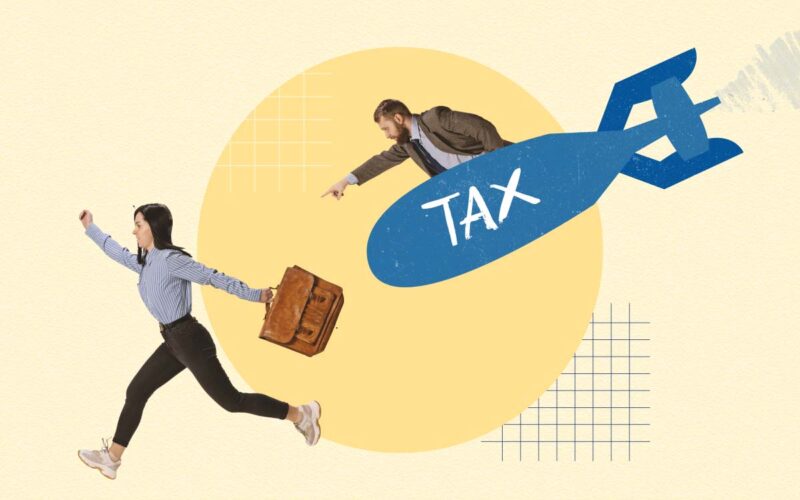Tax is, famously, one of the two certainties in this world, and a system with which all of us engage in one way or another. Whether the 20% VAT added to the price of goods we buy at the supermarket, the tax applied to part of our income each month, or the tax levied on the sale of personal items, taxation comes for most all of us – and can represent a fairly impactful chunk of money each month.
This money is, of course, going towards the services and infrastructure that hold the UK together. Indeed, the paying of tax is uniquely and singularly beneficial to the enjoyment of modern life, from investment in public transport to the funding of emergency services. Still, there are those that feel their contributions exceed their responsibilities – and so engage in tax avoidance.
What is Tax Avoidance?
Tax avoidance is as it sounds: the wilful avoidance paying one’s tax obligations. There are numerous ways in which an individual or business can organise their finances in order to minimise their tax obligations, some of which may even be colloquially considered tax avoidance schemes – however, the vast majority of methods of tax avoidance involve creative interpretations of UK tax law, or even the breaking of said law.
Here, we’ll be taking ‘tax avoidance’ to refer to the less-legal means of reducing tax payments for individuals and businesses – methods which can incur serious consequences for those foolish enough to engage with them.
Common Tax Avoidance Schemes
There have been some high-profile perpetrators of tax avoidance in recent memory, with the likes of Jimmy Carr and Gary Barlow having been collared for their respective engagements with such schemes. Theirs were the amongst the most common kinds of tax avoidance; Carr invested in an offshore wealth management scheme that funnelled his income through shell companies headquartered in tax-haven territories like Jersey, while Barlow invested in a tax-shelter scheme styled as a music industry business.
At the time, these schemes were not expressly illegal. However, the letter of the law has since changed to render them more than ‘morally wrong’ – the famous words used by then-Prime Minister David Cameron to describe activity in these schemes.
Consequences of Tax Avoidance
There remain legal routes to minimising one’s own tax liabilities, but these are not easily navigated alone. Indeed, legal assistance is crucial to ensure you remain on the right side of the law when structuring your finances. The penalties for missteps in this regard can be extreme, and costly besides.
For one, you may be liable to pay back all the tax you were expected to pay initially, as well as additional fines towards HMRC. In some cases, you could even face time in prison for fraud. As discovered by Barlow and Carr, there are reputational consequences to consider as well.

